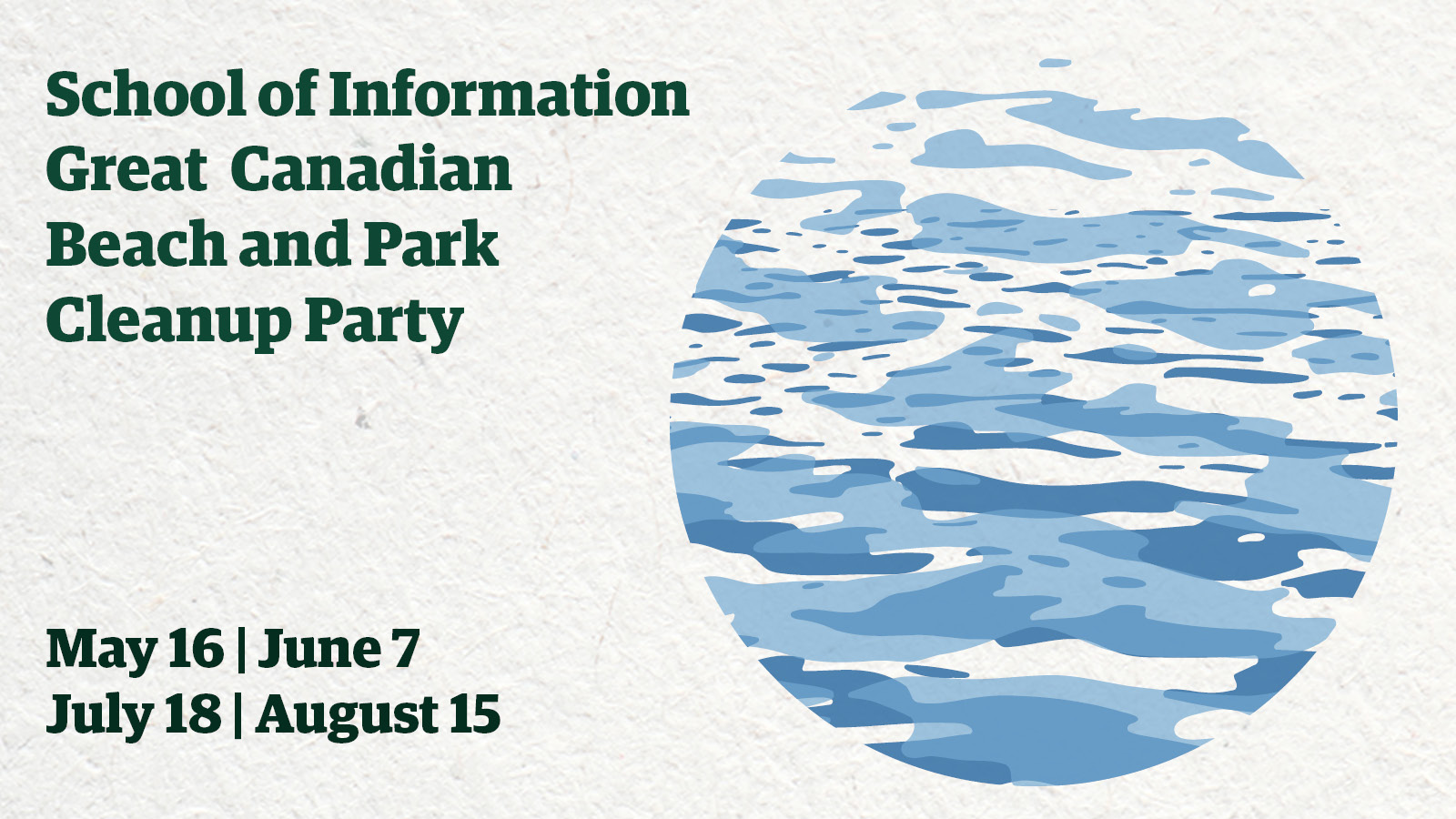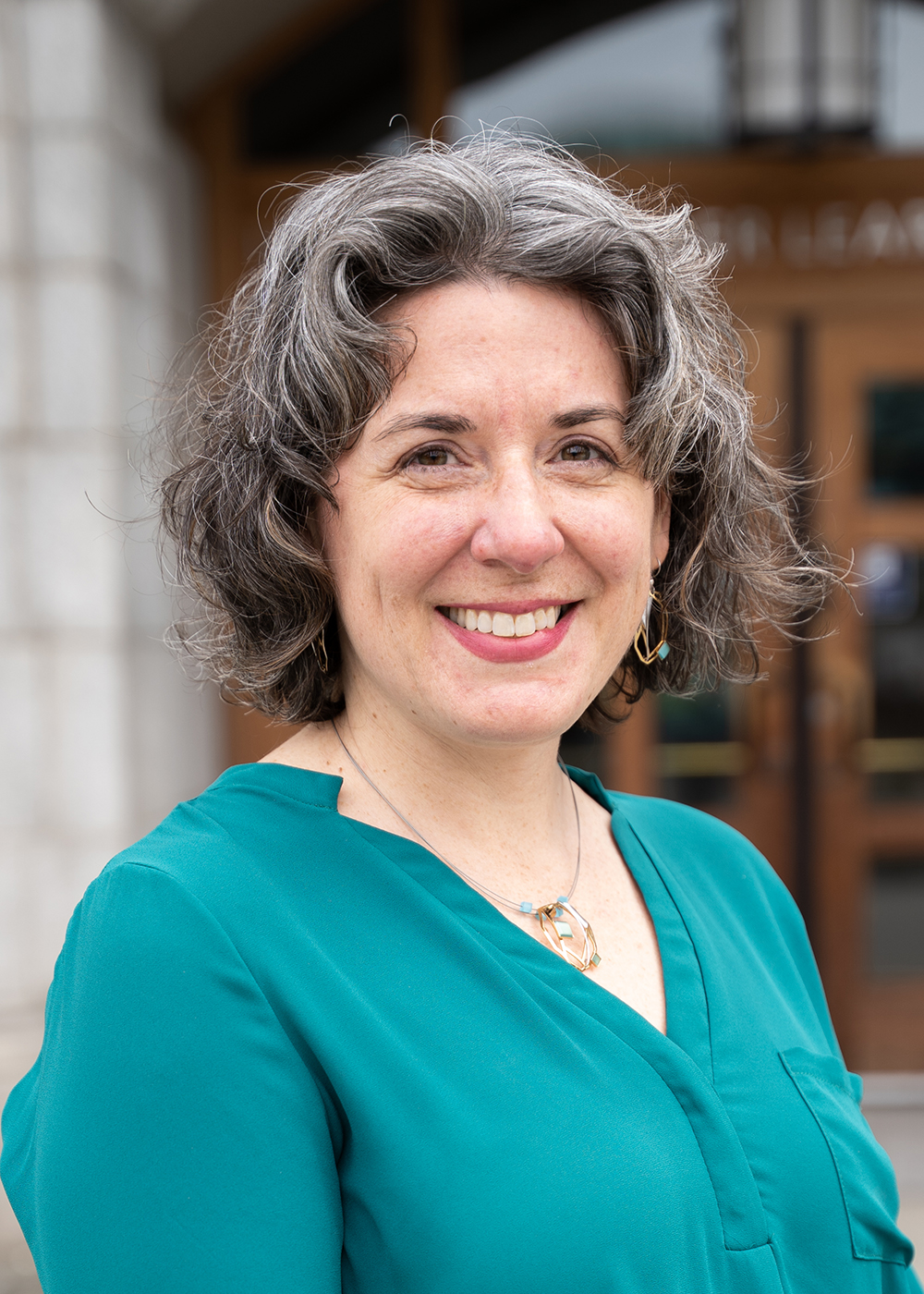Location: Dodson Room, Irving K. Barber Learning Centre
Date: January 26th, noon-1 pm
Cheese, chocolate and …? Results of two Swiss coordinated R&D projects in the area of instructional technology (Social Media Usage for teaching, learning and research in HE. Teaching & Learning Academic Writing).
Christian Rapp, Research Fellow
Center for Innovative Teaching and Learning, School of Management and Law, Zurich University of Applied Sciences, Switzerland. Visiting Scholar at iSchool.
Abstract:
In this talk I want to present the findings of two Swiss coordinated R&D projects in the area of instructional technology:
(1) Social Media Usage for teaching, learning and research in Higher Education (HE)
This recently completed two year European Union Era.Net RUS (Russia) project (www.somecat.org) involved
partners from Russia, Germany, Turkey, and Switzerland . We used interviews, focus groups, and surveys to understand the role of social media in students’ learning. We developed an openly accessible social media toolkit (www.socialmediaforeducation.org), available in English, Russian, and Turkish, that analyses the teaching scenario of instructors (by asking four questions), and, based on an algorithm using a pattern matching approach, suggests the class of social media best suited to the instructor’s teaching scenario. Furthermore the toolkit provides guidelines on how to use different classes of social media in educational contexts. Reliability and validity of the toolkit was evaluated and confirmed.
(2) Teaching & Learning Academic Writing (Prototype demo)
Thesis Writer is a learning platform for teaching and learning academic writing developed in collaboration with colleagues from the Department of Applied Linguistics. This new online support system aids thesis writing through a variety of tools and tutorials, guiding students through the writing process from initial idea to completed thesis. Based on an extended version of the well-established IMRD (Introduction, Methods, Results, Discussion) scheme, a flexible structure is provided which fits most academic and scholarly papers. Students are provided with numerous short tutorials that instruct them on how to choose a topic and develop a manageable concept for their dissertation projects. New tools have been created to facilitate the formulation process by integrating large discipline-specific corpora from which users can derive linguistic support through an integrated open source corpus analysis tool. To the best of our knowledge, no similar system exists, particularly in the area of building a bridge between computer linguistics, corpus linguistic and instructional design (teaching academic writing).
This talk will be of interest to instructors, researchers, and administration personnel who are interested in the application of social media for teaching, learning, and research in HE and those engaged in the instruction of academic writing. The results and resources of both projects are available in English. I would be happy to make use of my visiting fellowship (right through until the end of April) for sharing the data and our experiences, and to establish synergies and cooperation with UBC colleagues.
Bio: My background is in political science, with a focus on European foreign and security policy. I worked freelance in the area of civic education for more than ten years, training instructors in various methods suitable for civic education, with a geographical focus on Eastern Europe. To gain a deeper understanding of group processes, I studied transactional analysis and group dynamics for a period of four years. My first involvement with instructional technology was the making of a multimedia CD-ROM on the European Union in 2002, and since that time I have largely been connecting technology, instructional design and the subject area to be taught. In 2009 I started with the Centre for Education and New Learning at Zurich University of Applied Sciences, charged with strengthening the research there. I coordinated a three year project funded by the Swiss National Science Foundation (partners in Ukraine, Armenia and Russia), the EU FP7 Era.Net RUS (described above), and other smaller projects. Over the last couple of years I have been increasingly interested in the running of international, interdisciplinary research projects and the area of resistance to learning (i.e. change).
Please find a complete list of projects, products, and publications in English here.


